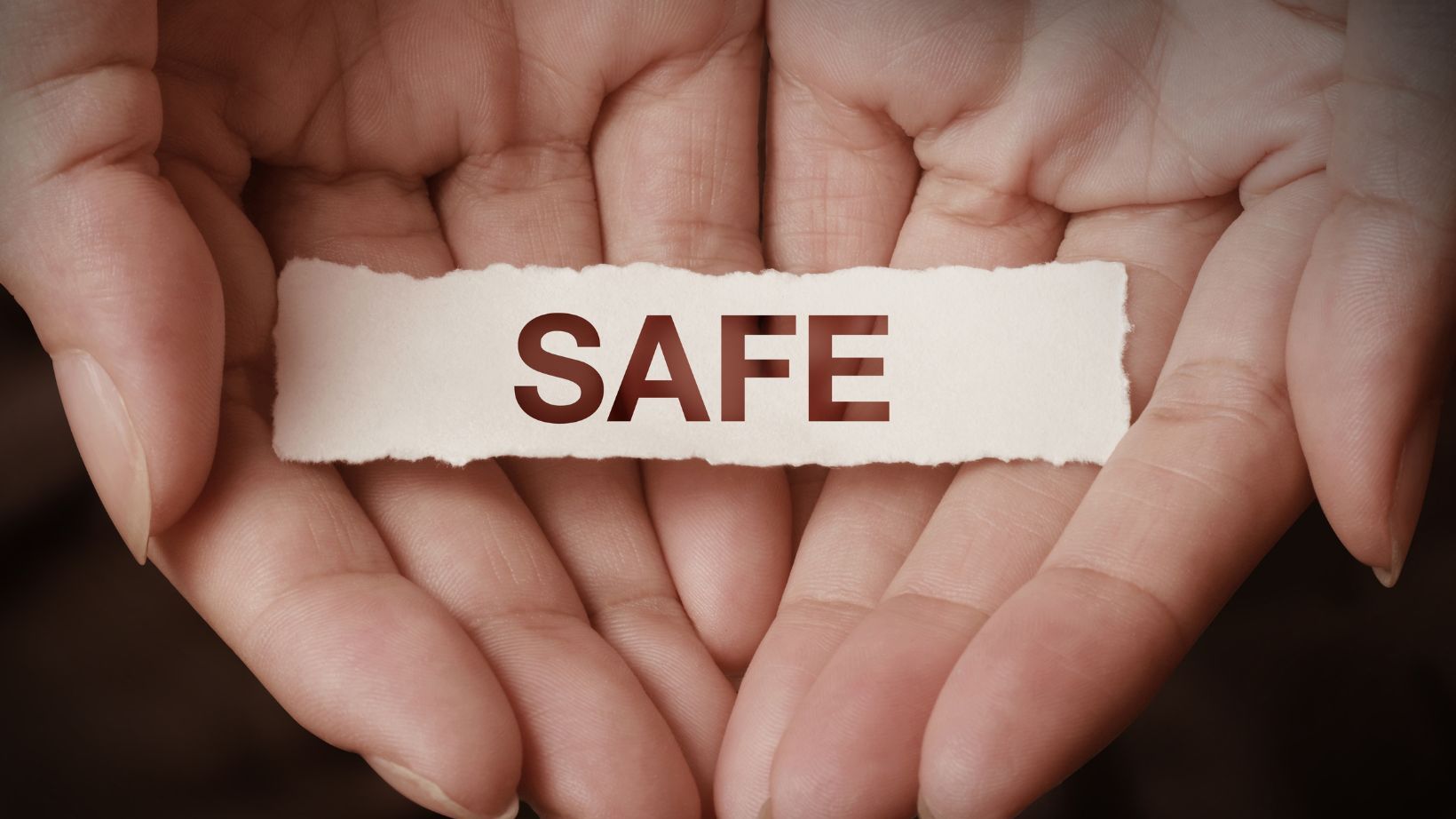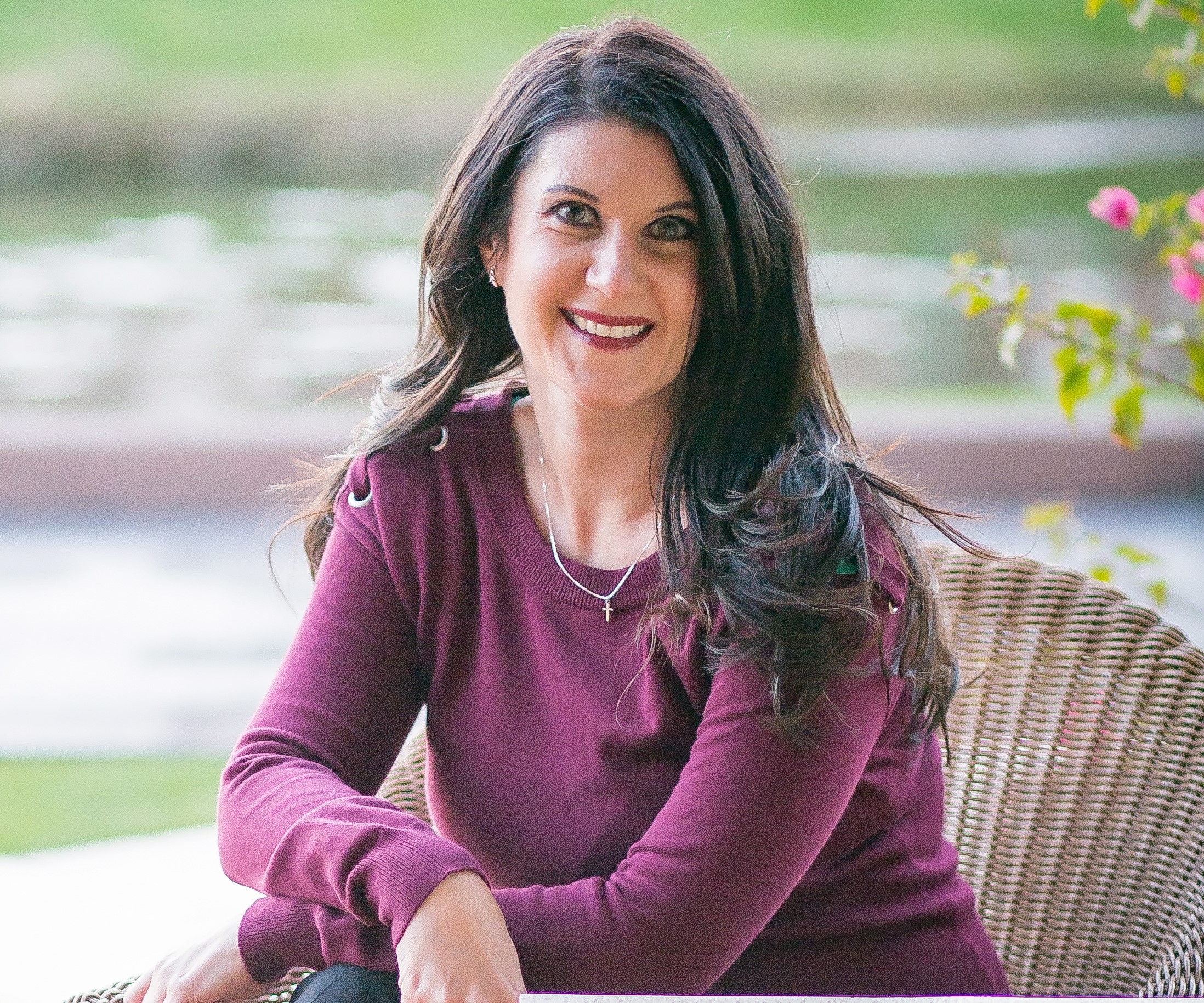Why Is It So Hard To Feel Safe?
Jul 13, 2023
Have you ever heard of Maslow’s Hierarchy of Needs?
It was developed by Dr. Abraham Maslow to explain our physical and psychological needs and desires along the path of our human development. You can find charts online that depict our needs separated into categories resembling a triangle. At the very bottom of this triangle, you’ll see our physiological needs like air, food, and water, along with our need for safety and security.
Until we feel safe, it can be difficult to access higher functions like creativity, self-esteem, and decision making.
Depending on your personal experiences in life, you’ll have different perceptions or expectations on what would make you feel safe, stable, and secure. For some, it’s money and material things. For others, it involves good food, love, friends, and family. There’s no right or wrong answer, but it’s important to understand what it would take for you to feel safe, and why you don’t.
When it comes to the concept of safety, your survival (your unconscious) and emotional (subconscious) brains are the most active.
Your survival brain views any stress involving money or material things as a direct threat against your survival. This is because the amount of money we have directly determines the quality of our housing, food, and water. These things are the bare minimum in terms of our physiological needs for basic survival.
Since the survival brain is our default brain, it will initiate a sympathetic (fight/flight/freeze) response that results in anxiety, negative thoughts, or impulsive behavior.
The survival brain will also hijack the emotional and logical brains to make survival your top priority to the detriment of every other area of your life. This is why some people become hoarders, workaholics, extremely frugal, and distrustful of others. After all, how many times have you heard the phrase, “Survival of the fittest”?
The survival brain will trick you into believing that there’s not enough for everyone. This is reinforced by societal conditioning. Phrases like, “Money doesn’t grow on trees”, “Easy come, easy go”, “A bird in hand is better than two in the bush” all reinforce the concept that resources are scarce, and it can be a challenge to make sure you get enough.
Crazy right? How often have you said these types of phrases yourself or were exposed to them growing up?
Another important category on Maslow’s Hierarchy of Needs is the category of Love and Belonging. This refers to our need to fit in with others, and have relationships with friends, lovers, and family.
The emotional brain (or subconscious) will trick us into believing that if we’re not perfect or others don’t like us, then we’ll end of rejected and alone. Then, the emotional brain feeds this fear to the survival brain which views being alone as a threat to your survival.
To the survival brain, being part of a group increases your odds of survival since resources and work are shared with others. Being alone means that your chances of survival automatically decrease. Because of this, the survival brain views things like breakups, divorces, arguments with friends and family as threats to your physical safety.
Is it any wonder why feeling safe in the modern-day world feels so challenging?
The good news is that awareness of what’s happening in your brain is the first step to shifting your mindset and perspective about your life, circumstances, and what’s possible for you.
If you currently feel overwhelmed by life’s challenges, then book a discovery call or appointment with me HERE to discuss how the Three Brain Realignment Technique (TBRT) can help you feel safe and secure.

April Darley is a Resilience Coach specializing in helping people release stress, anxiety, pain, and sabotaging behavior. Through the Three Brain Realignment Technique (TBRT), you'll learn how to step into your own power, comfortably deal with life's challenges, and stay calm and balanced.
Freedom In Your Inbox!
Join our mailing list to receive weekly tips on how to balance leadership and life.
Don't worry, your information won't be shared and you can unsubscribe at any time.
